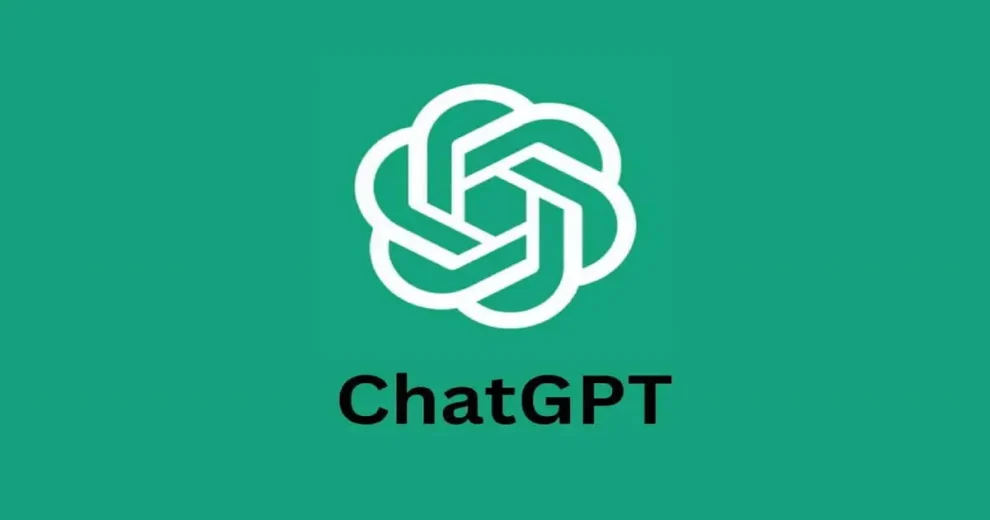ChatGPT: A Language Model, Not a Password Vault
At its core, ChatGPT is a language model – a powerful AI system trained on a massive dataset of text and code, enabling it to generate human-like responses, translate languages, and complete various text-based tasks. However, it’s crucial to understand that ChatGPT is not a traditional application or website where users create accounts and store passwords.
ChatGPT functions through a process called machine learning, allowing it to mimic human conversation and complete tasks based on the information it has been trained on. There’s no user registration or login system involved in interacting with ChatGPT, which is why the concept of changing a password within the system itself is fundamentally flawed.
Prioritizing Password Security: Essential Practices
While ChatGPT doesn’t involve user accounts or passwords, ensuring the security of your online credentials remains a crucial aspect of responsible digital citizenship. Here are some essential practices to follow:
- Strong and Unique Passwords: Create strong, unique passwords for every online account you use. Avoid using personal information like birthdays or pet names, and utilize a combination of upper and lowercase letters, numbers, and symbols. Consider using a password manager to generate and store strong passwords securely.
- Two-Factor Authentication (2FA): Whenever possible, enable 2FA on your online accounts. This adds an extra layer of security by requiring a second verification code in addition to your password when logging in.
- Beware of Phishing Attacks: Be cautious of emails or messages prompting you to enter your passwords. Legitimate companies will not ask for your password via email or unsolicited communication.

The Future of Large Language Models and User Security
While ChatGPT itself doesn’t involve passwords, the broader field of large language models (LLMs) has significant implications for user security. As these models continue to evolve and integrate into various aspects of our digital lives, we can expect to see advancements in AI-powered security solutions.
- AI-Powered Security Assistants: LLMs could be utilized to develop AI-powered security assistants that help users manage passwords, identify phishing attempts, and monitor suspicious activity on their accounts, providing an extra layer of protection against potential threats.
- Personalized Security Recommendations: By analyzing a user’s online behavior and patterns, LLMs could offer personalized security recommendations tailored to their specific needs and vulnerabilities, empowering users to take proactive measures to safeguard their digital identities.
The Importance of User Education and Awareness
As LLMs like ChatGPT continue to evolve and become more integrated into our digital lives, educating users about their functionalities, limitations, and potential security implications is paramount. Recognizing the realities of ChatGPT’s capabilities, particularly regarding password management, is a crucial step towards fostering responsible online behavior and nurturing a culture of cyber-awareness.
By combining the power of LLMs with responsible user practices and ongoing education, we can create a more secure and resilient digital ecosystem, empowering users to navigate the virtual world with confidence and mitigate potential risks effectively.
Conclusion: Embracing the Future with Clarity and Responsibility
While the headlines surrounding password changes within ChatGPT might have caused initial confusion, they serve as a valuable reminder of the importance of user awareness and responsible online behavior. As we continue to witness the rapid advancement of LLMs and their integration into various aspects of our lives, it is essential to approach these technologies with a clear understanding of their capabilities and limitations.
By separating myth from reality and fostering a deeper comprehension of the underlying principles behind LLMs like ChatGPT, we can empower users to navigate the digital landscape more securely and effectively. The path forward lies in striking a balance between embracing technological innovation and prioritizing user education, ultimately paving the way for a future where AI-powered solutions and responsible human practices coexist harmoniously, safeguarding our digital identities and ensuring a secure online experience for all.
















Add Comment